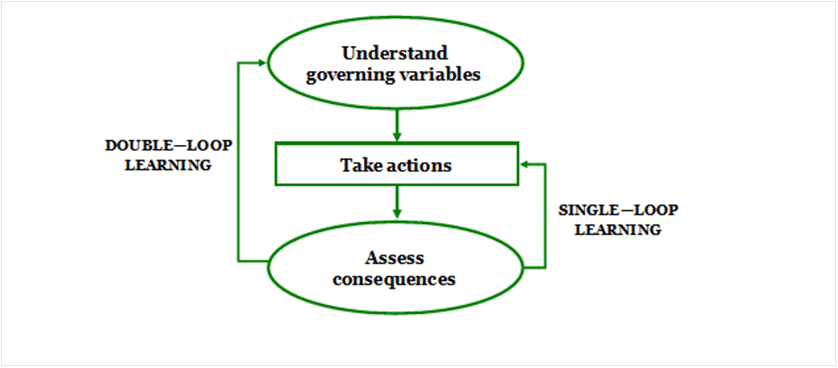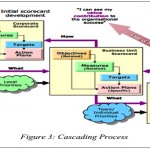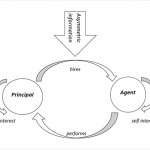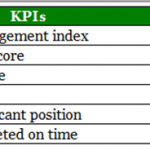What is the difference between single-loop and double-loop learning?
Single-loop and double-loop learning are two different types of learning that can be used by any organization in order to adapt and improve its overall performance. The first one refers to constantly adjusting actions until desired results are achieved and double-loop learning implies questioning the fundamental assumptions.
The main differences between them are the following:
- Single-loop learning is used when the current goals, values and strategies are sound, not questionable and the emphasis is on techniques and their effectiveness. On the other hand, double-loop learning is used when strategy is reviewed and the emphasis is on learning and reviewing previous situations;
- Regarding the decision making process, in single-loop learning the organizational structure is accepted, the emphasis being on fixing unwanted variances, while in the double-loop learning, assumptions and speculations are questioned in order to raise the decision-making process efficacy;
- Errors that can be detected and acted upon by organizational members engaged in single-loop learning, while maintaining the basic structure. In the double-loop learning, after identifying errors, the organizational rules, policies and objectives are reexamined and modified.
References:
Image source:

Tags: Ask the Experts, Single-Loop Learning





